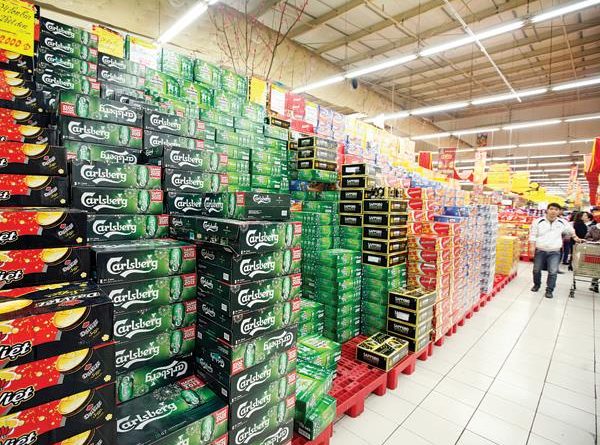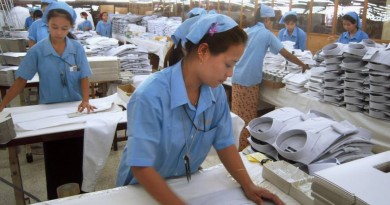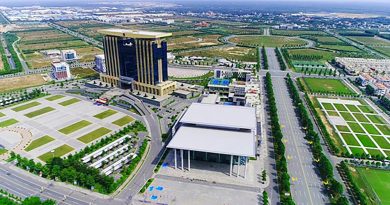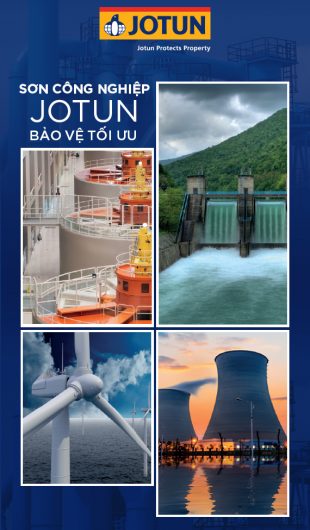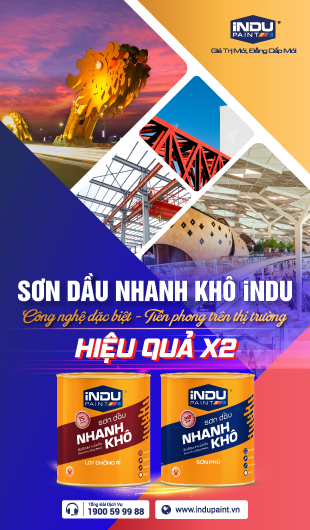Taiwanese brewer to enter Vietnamese market
With the total consumption of about 3.8 billion litres of beer each year, Vietnam is an attractive market luring in numerous foreign investors, and in the upcoming period, a Taiwanese brewer may join and heat up the competition.
As reported by newswire Enternews, Taiwan Tobacco and Liquor Corporation (TTL), the leading and largest tobacco and liquor company in Taiwan, has been scheduled to enter the Vietnamese market. Accordingly, this brewer plans to distribute three beer brands in Vietnam, including Golden Medal Taiwan Beer, Taiwan Beer Sweet Touch, and a special, pineapple flavoured beer.
Previously, Taipei Times reported that TTL had joined the Philippines market in January 2017 and the Singaporean market in 2011.
Chang Lei-min, vice chairman of TTL, said that with the fruit-flavoured beer products, which have never appeared in Vietnamese before, TTL will flourish in the Vietnamese beverage industry.
TTL hopes to sell 38 million litres of beer in Vietnam a year. Also, it expects to hold 1 per cent of the market share within three years.
Besides the plan on distributing beer products in Vietnam, TTL also targets hiring a Vietnamese brewery to manufacture its products, and constructing its own brewery in Vietnam later on.
Before TTL, numerous foreign brewers also saw the potential in the Vietnamese market and crafted strategies to gain some market share.
Recently, Carlton and United Breweries (CBU), one of the most iconic beer companies in Australia, also expressed interest in expanding its business in Vietnam.
In particular, at a meeting with Deputy Prime Minister Vuong Dinh Hue on July 24, 2017, Jan Craps, general director of CBU, said that they are eyeing the stakes in Hanoi Beer, Alcohol and Beverages Corporation (Habeco) and Saigon Beer, Alcohol and Beverages Corporation (Sabeco). Accordingly, CUB plans to expand its operations in the southern province of Binh Duong and is expecting to become a strategic investor of both Habeco and Sabeco.
In February 2017, Heineken Vietnam Brewery Vung Tau JSC (Heineken Vietnam) received the investment certificate for the 12-fold expansion of its factory in My Xuan A Industrial Zone after it bought Carlsberg’s Vung Tau brewery last year.
In January 2016, Carlsberg invested in a fourth canning line in its Hue beer factory in the central province of Thua Thien-Hue. This facility has the largest capacity of all Carlsberg factories in Vietnam. The investment raised Carlsberg’s capacity in central Vietnam to 370 million litres a year.
At the end of 2015, Thai companies Singha and Masan Consumer Holdings officially started production at their joint VND1.6-trillion ($70 million), 100-million-litre-a-year factory in the Mekong Delta province of Hau Giang. The company said the facility could be expanded to produce 150 million litres a year.
In May 2015, Anheuser-Busch InBev (AB InBev) took the first step into Vietnam with the opening of its VND660-billion ($30 million), 100-million-litre-a-year factory in the southern province of Binh Duong.
These were the most significant movements of big brewers from overseas entering Vietnam.
Some possible market changes
According to statistics, in 2016, beer consumption in Vietnam was 3.8 billion litres, ranking first in Southeast Asia, and third rank in the world, after Japan and China.
Currently, the beer market in Vietnam is divided into different segments. The high-end beer segment accounts for 7 per cent of the market share, with the domination of foreign brands, such as Heineken and Tiger. The middle-income segment accounts for 60 per cent of total market share, mostly taken up by domestic brewers, such as Habeco and Sabeco. The remaining market share is held by new brewers.
In recent years, the appearance of numerous international beer brands in Vietnam is making the competition intense. Currently, there are more than 30 international brewers present in Vietnam.
According to a report of the Vietnam Beer Alcohol Beverage Association (VBA), the beer market may see some new waves, especially after the state divestment from Sabeco and Habeco is finished.
Source: VIR





